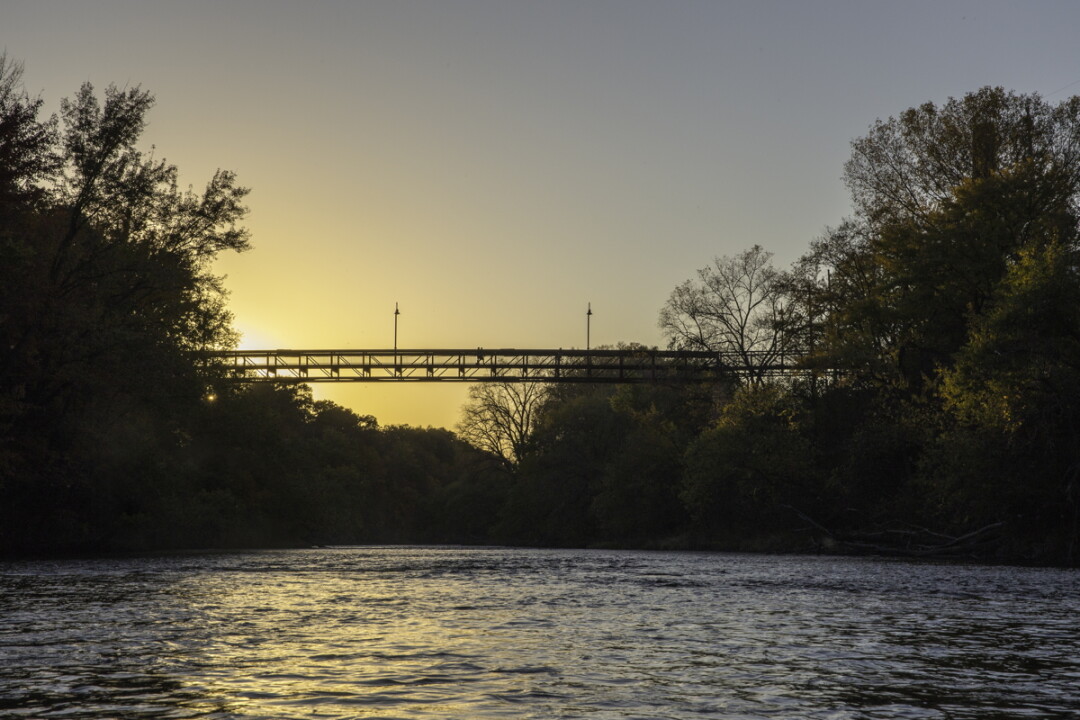Looking for Hope Within a Crisis
shifting perspectives amid the COVID-19 pandemic

Nothing clarifies our priorities faster than a crisis. It commands our attention. Even with the worries, fears, and anxieties that we’ve felt rippling through our culture these past few years, the past month and COVID-19 have topped everything. We worry about what the future holds.
Our community faces a real threat, and we’re far from through the woods, yet I cannot help but be optimistic about our future. Despite political and cultural divisions, the novel coronavirus — and debates over how we respond to it — is bringing us together. Don’t believe me? Believe me, I’m as surprised as anyone that I’m an optimist.
But consider this: When is the last time all of us had to think about the same thing, all the time? When have the consequences ever been this personal, or this dire? When have we had to collectively — separately but simultaneously — re-imagine the world as we know it and make changes to support the most vulnerable among us?
These days, we’re rethinking our decisions with an eye toward whether or not we’re putting others at risk. We’re more aware than ever of whether or not we’re in someone else’s space. I’m not one to gamble, but I’d wager many of us have washed our hands better and more frequently this month than we did all of last summer.
But consider this: when is the last time all of us had to think about the same thing, all the time? When have the consequences ever been this personal, or this dire? When have we had to collectively—separately but simultaneously—reimagine the world as we know it and make changes to support the most vulnerable among us?
The creative and rapid recalculations everyone is going through now cannot help but change us. Humans have always sought certainty and repeatability from their experiences, but the world makes no such guarantee. The COVID-19 pandemic has reminded us that ideas are not “common sense” by their own nature, but because we wished them to be enduring truths. If only wishing made it so. How many unimaginable headlines — things you were sure we’d not see in our lifetimes — have you read this month?
We’re going to have to find new ways to make sense of our daily experience, and be open to solutions we’ve never considered before. Some of them will work, and some of them won’t. But we’ll take that journey together.
This journey will send ripples across the collective pools of common sense into which we gaze searching for certainty and predictability in our lives. It will change our notions of what’s possible, and what isn’t; what’s important to us, and what isn’t; and the power of the shared humanity that unites us, versus the ideas that divide us. We’ll support each other as we grieve the loss of the year we thought we’d have, and emerge knowing what we can achieve when we put each other first.
Humans aren’t perfect, and we often make things worse than they have to be. But there are always — ALWAYS — humans working to make things better for other people. I don’t think the coronavirus can change that.
Jake Wrasse has been reading, writing, and speaking in the Chippewa Valley for as long as he can remember. He is a member of the Eau Claire Wintermission team and works for UW-Eau Claire.






















